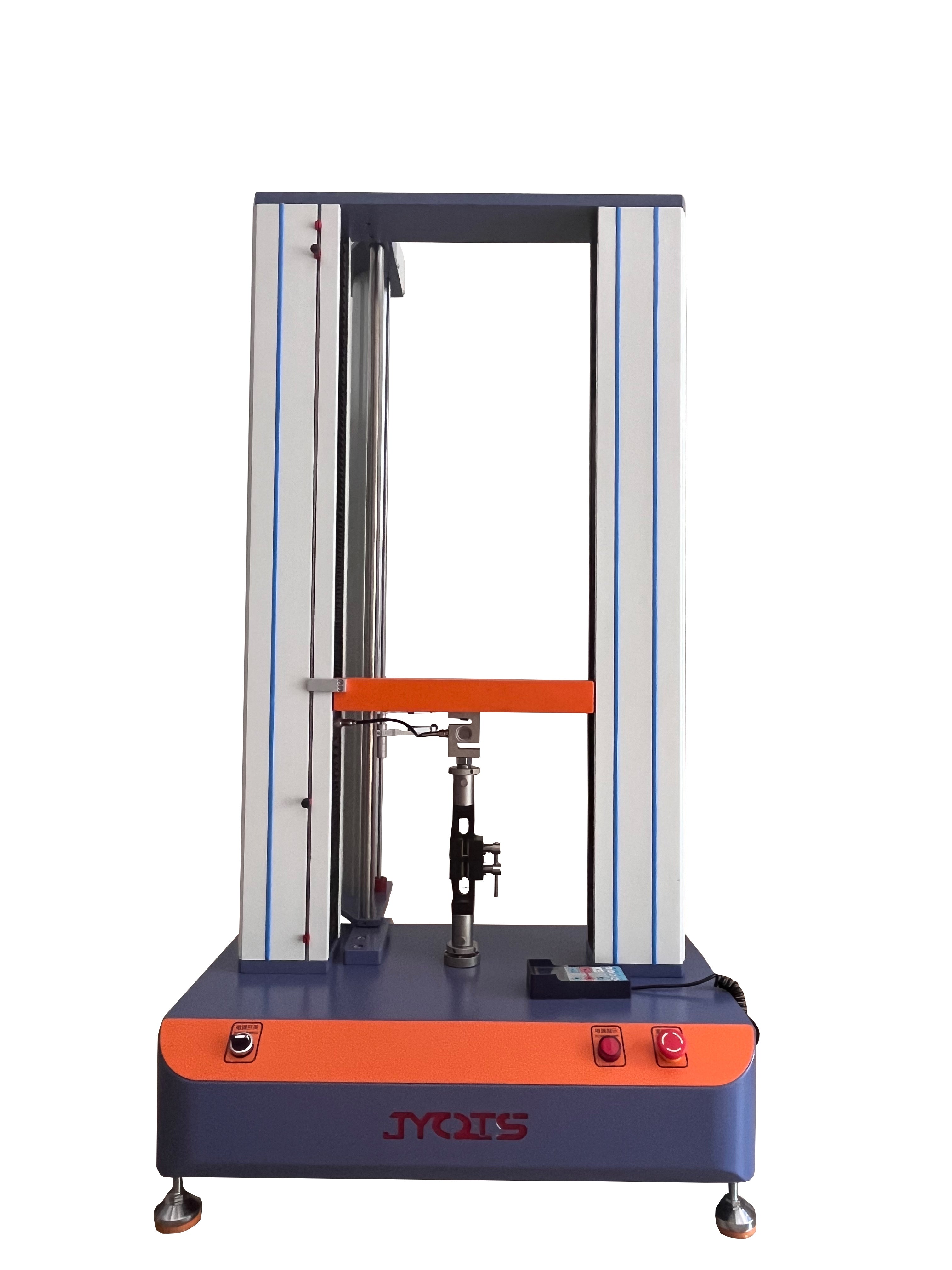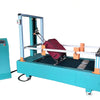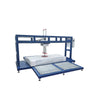Unveiling the Tensile Strength Tester: The Core Tool for Material Performance Evaluation

In the fields of materials science and industrial production, the tensile strength tester stands as a core device for assessing the mechanical properties of materials. This sophisticated instrument can accurately measure the maximum stress that a material can withstand under tensile loading until fracture, providing crucial data support for product quality control and the research and development of new materials.
The working principle of the tensile strength tester is based on the principle of mechanical tension. The prepared material specimen is firmly fixed between the upper and lower jaws of the tester. The lower jaw moves downward at a constant rate, applying a pulling force to the specimen. During the stretching process, built-in sensors continuously monitor the pulling force and the elongation of the specimen, converting the data into a stress-strain curve. Through the analysis of this curve, not only can the tensile strength of the material be obtained, but also important parameters such as yield strength and elongation at break can be determined.

This instrument plays an irreplaceable role in numerous industries. In the automotive manufacturing industry, tensile strength testers are used to detect the strength of steel and aluminum alloy components for vehicle bodies, ensuring vehicle safety in situations such as collisions. In the aerospace field, strict tensile tests are carried out on the structural materials of aircraft to guarantee the reliability of the materials under extreme conditions. In the construction industry, by testing the tensile properties of steel bars and concrete, scientific basis is provided for the structural design of buildings. In the packaging industry, it can evaluate the tensile properties of materials such as plastic films and paper, ensuring the durability of product packaging.
To ensure the accuracy of the test results of the tensile strength tester, standardized operation and regular calibration are essential. Operators need to strictly follow the standard procedures for specimen preparation, test parameter setting, and conduct inspections and maintenance of the instrument before and after the test. At the same time, standard specimens should be used regularly to calibrate the instrument, ensuring the reliability and consistency of the test data.
As an important tool in modern industrial production and scientific research, the tensile strength tester, with its precise testing capabilities, continuously promotes technological progress and product quality improvement in various industries, and has become a solid guarantee for material performance.




